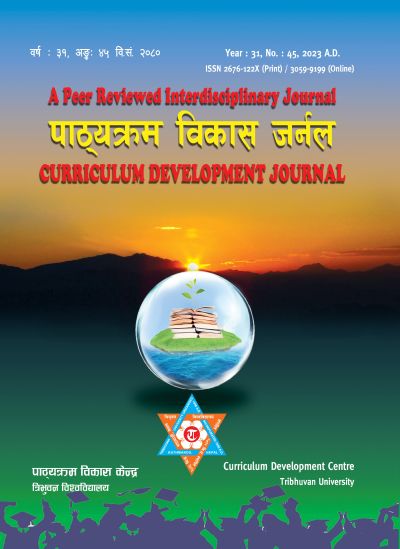Theoretical Underpinnings of Power Sharing in Nepal
DOI:
https://doi.org/10.3126/cdj.v31i45.68983Keywords:
Power-sharing, consociational democracy, conflict management, peace process, institutionalizationAbstract
Power sharing and power separations have been major concerns for many states during political transitions. Power separation has political and legal roots, and theoretical debates are profound, even in peacetime, as an overarching framework for good governance. Power sharing has become a major tendency in countries where ethnic, historical and political conflicts are accepted as a part of state-building. The modern political history of Nepal is the history of power sharing among various actors in the decades of the 1950s, 1990s and 2006. Using a methodological approach of qualitative text inquiry on the literature from various global cases, this paper has analyzed the components of power sharing. Text related to political power sharing and system changes in Nepal after 1950 is reviewed. Managing political transition involves establishing new structures in the state, revisiting the electoral design and accommodating the actors without abandoning their political agendas. This paper explores power-sharing components such as the establishment of new political and bureaucratic structures to support political consensus among former warring parties. However, a grand coalition, a part of democratic power-sharing perspective is not observed in the case of Nepal.
Downloads
Downloads
Published
How to Cite
Issue
Section
License
© Curriculum Development Centre, Tribhuvan University

